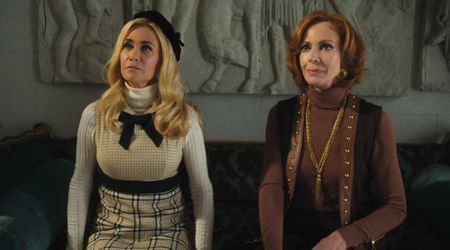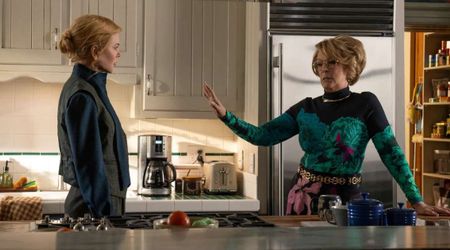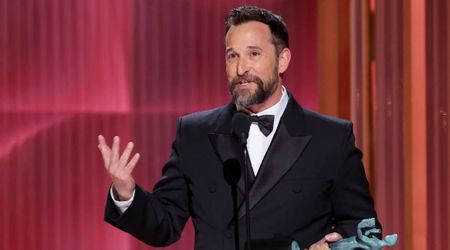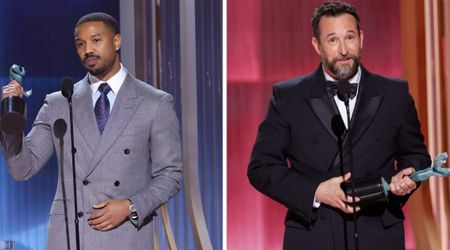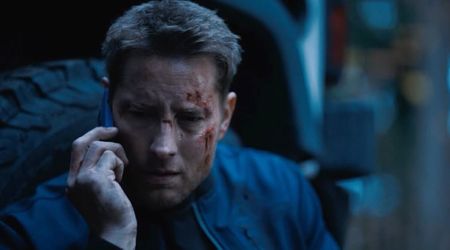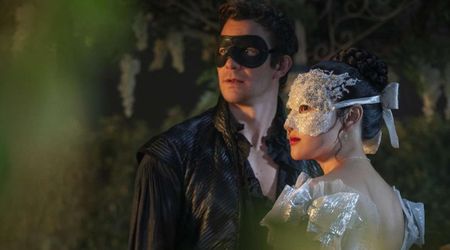'Star Trek: Discovery': Why does the Federation get to decide what's legal and what isn't in the 32nd Century?

Spoilers for 'Star Trek: Discovery' Season 3 Episode 8 'The Sanctuary'
Over a hundred years ago, the Burn destroyed all warp-capable ships in the galaxy. The United Federation of Planets was no more. The Federation itself became something of a distant myth, a mark of the past's failure, a warning to future generations. It wasn't just that the Federation was unable to help planets under their care — the people themselves had lost all faith in the organization, and even founding members chose to leave it. So why is it that they somehow believe they can still call the shots, in a universe that's moved on from them?
In the latest episode of 'Star Trek: Discovery', Saru (Doug Jones) gets into a bit of a legal discussion with the leader of the 'criminal' syndicate, the Emerald Chain — Osyrra (Janet Kidder). Janet wanted an Andorian that was on the Discovery's ship, but Saru cites a number of laws that would prevent the Chain from taking him. This begs the question, however — who decides what's legal and what isn't, in the future? For laws to apply from planet to planet, there needs to be a unifying body — or at the very least, a treaty — that lets a general umbrella of law hang over the universe.
Since the Burn, no such law really exists beyond the handful of planets still under the Federation's care. The Federation has no authority. While slavery is wrong and exploitative enterprises such as the Emerald Chain ought to be opposed at every turn, legally speaking they have as much legitimacy as the Federation does. In fact, given that the Emerald Chain has a formal allyship with the Kwejian people, the Discovery has even less of a leg to stand on. Yes, the Federation once set legal standards throughout the universe, but they're a small cluster of desperate planets now. It's a little like if Britain attempted to decide policy in, say, South America.
This flaw in the Discovery's thinking is further underlined by the fact that the Discovery chooses not to fire on an Emerald Chain ship, but somehow assume that if they attack from another vessel, it's somehow okay. They talk about how the pilot Keyla Detmer (Emily Coutts) will be reprimanded for "going rogue" as if the Emerald Chain cares about the reprimands of Starfleet. The Emerald Chain has no higher authority to appeal to, and there are no courts that Starfleet can hide behind to get off on, on a technicality — and this is exactly why the Emerald Chain is now at war with the Federation.
The Federation is trapped in an archaic way of thinking — the crew of the Discovery even more so. They're not the galaxy's authority on what's right, and what's wrong — and the longer they keep acting like they are, the sooner the Federation will be wiped out by those who are sick of having to listen to them.
The next episode of 'Star Trek: Discovery' airs December 10, on CBS All Access.

